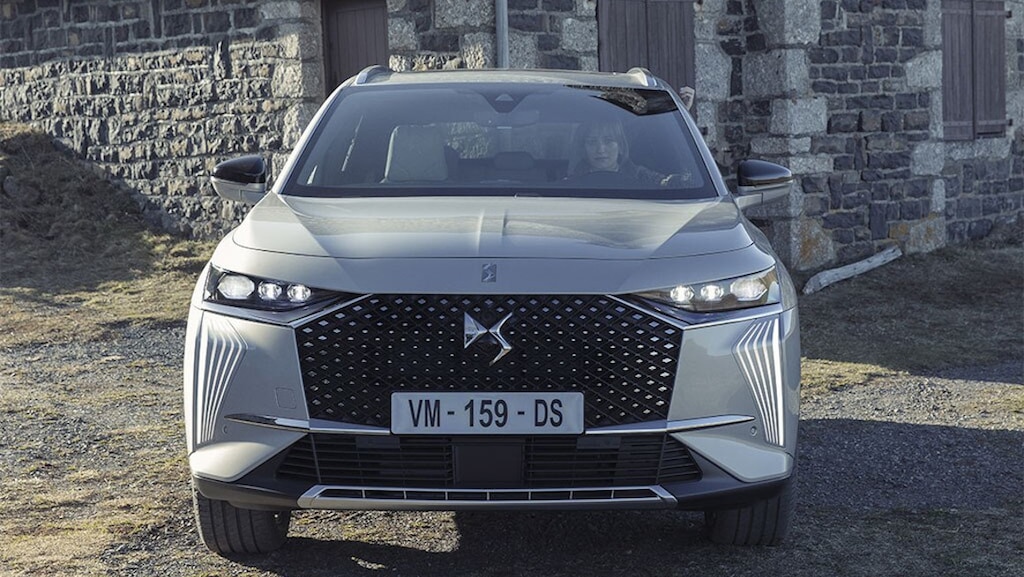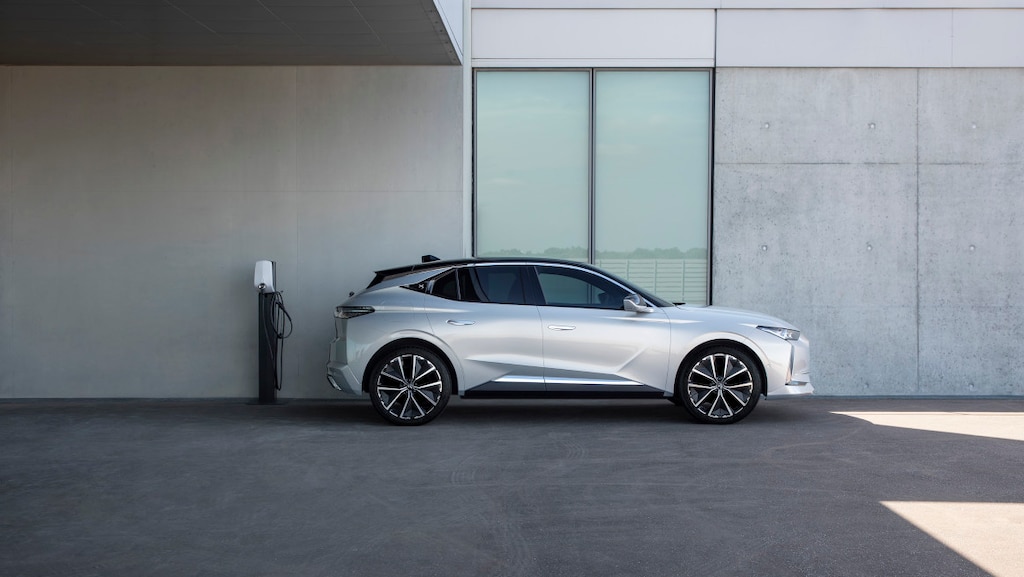
EVERYTHING YOU NEED TO KNOW ABOUT EV BATTERIES
The battery in an electric vehicle (EV) is the key component, so it’s imperative you know how to look after it. In this guide we will be exploring everything you need to know about electric car batteries and answering your queries, such as how long batteries last, how to maintain the battery, battery recycling, and more.
What are Electric Vehicle Batteries Made of?
Most electric vehicles contain lithium-ion batteries as they’re robust and are relatively lightweight whilst still holding a lot of energy. Lithium-ion batteries were first developed for use in laptops and mobile phones and are still commonly used today. Most electric car batteries are comprised of elements such as metal oxide, lithium salt and graphite or carbon.
How Long Does a DS Electric Car Battery Last?
Electric car batteries are designed to last up to 12 years and 1,500-2,000 charges. All electric vehicle batteries degrade over time and become less efficient, much like any other battery, however this is certainly minimal. The good news is that most manufacturers have a 5–8-year warranty on EV batteries. For added peace of mind, DS Automobiles battery warranty covers 70% of battery capacity, over 8 years or 100,000 miles.
So, if the battery does degrade, your warranty will cover any necessary repairs or maintenance. Even after the warranty, many older or high-mileage EVs are still able to run and hold a decent charge.
4 Ways to Maintain Your EV Battery
Although battery degradation is to be expected, there are ways to extend the electric car battery, such as:
1. Minimise exposure to extreme high and low temperatures
2. Limit using rapid charging
3. Keep the “State of Charge” between 20-80%
4. Don’t leave the car stored at full charge for long
5. Drive the car regularly
We’ll explain in detail below how you can use these tips to look after the electric car battery.
1. Minimise exposure to extreme high and low temperatures
Keeping your electric vehicle plugged in at home when not in use whenever there are extreme weather conditions will help maintain the EV battery. There is an automatic thermal pre-conditioning system on your EV that helps regulate the temperature of our vehicle before you start your journey. Using this function helps to conserve the range of your battery ifthe car is plugged in. If it’s a hot day with nowhere to plug in, park your car in the shade to help keep it cool.
2. Limit using rapid charging
It’s best not to rely solely on fast charging as this can degrade the battery over time. Rapid charging sends a huge current to the batteries in a short timeframe, straining the battery. If you can, try and rely on slower charges, such as overnight. That’s not to say you can’t use rapid charging, just use this only when necessary.
3. Keep the charge between 20-80%
Keeping the state of battery charge between 20-80%, rather than 0% or 100% improves the electric battery life. DS 3 CROSSBACK E-TENSE has an electric range of 191-206 miles (WLTP combined cycle), so most daily journeys will be covered without a maximum charge. Charging the battery to 100% won’t degrade the battery unless it’s charged fully every time. So, save this just for longer trips.
4. Don’t leave the car stored at full charge for long
Storing an EV fully charged will degrade the battery as it will struggle to preserve the 100% charge. If you are going to charge your car fully for a long journey, make sure you use the vehicle once it has been charged. For long-term storage, keep the vehicle unplugged with te battery charged between 30-70%.
5. Drive the car regularly
Just like with any car it’s best to take the vehicle for regular drives to maintain the overall health. This can also help prevent flat spots in tyres which will impact the efficiency of your car.

